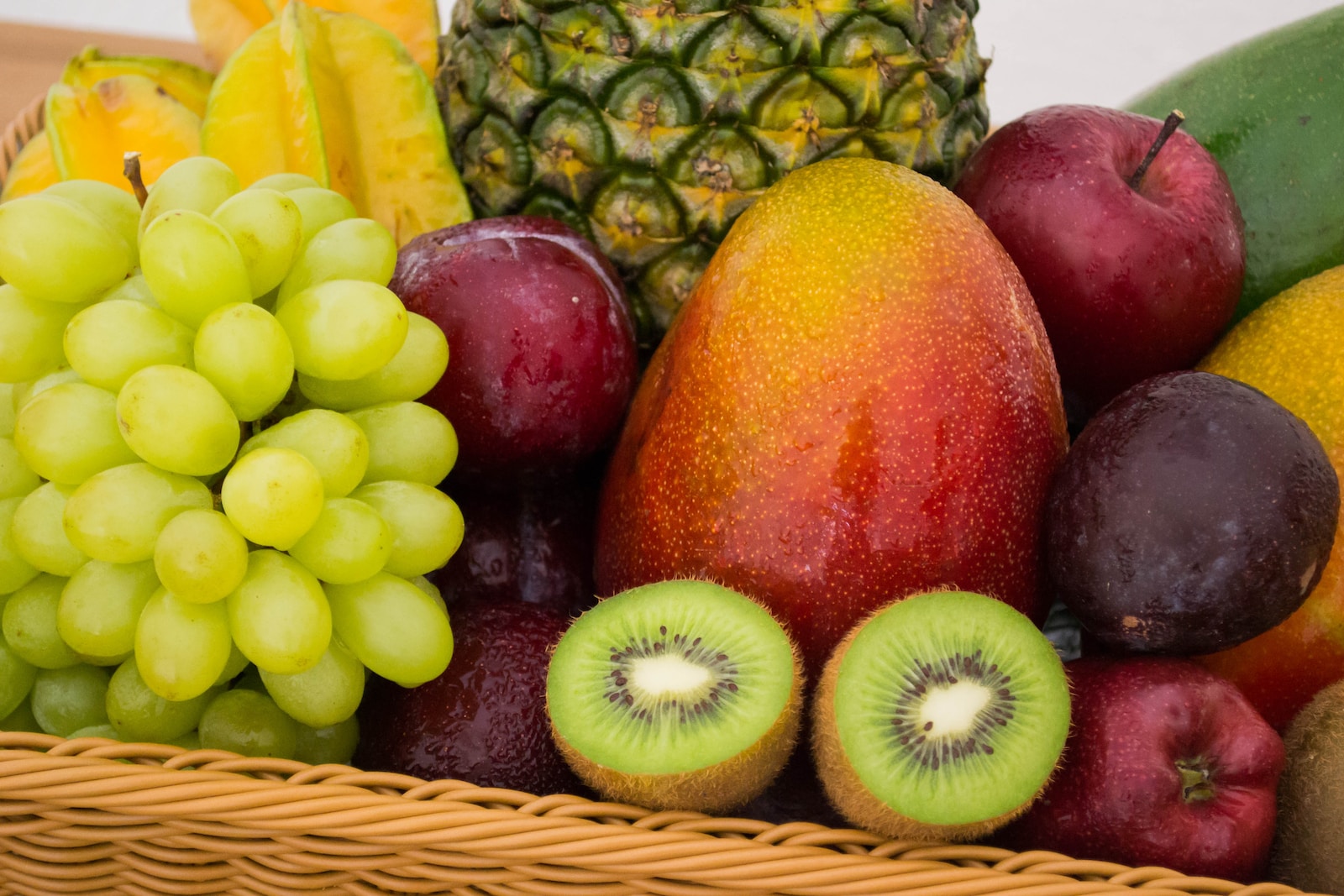Why you need fresh seasonal fruit
Fresh, colorful and juicy, summer fruits regenerate us by providing the nutrients that are depleted by the heat. The physiological function of summer fruit is in fact extremely important, and the ideal diet should be rich in it: fresh fruit hydrates the organism, enriches it with valuable vitamins, (such as vitamin C, A and E) and provides precious minerals and acids. With hydrating, diuretic and alkalizing properties, it even protects from free radicals, prevents cardiovascular disease (such as hypertension), promotes scarring and wound healing, improves the immune response of the organism, lowers cholesterol levels and facilitates the absorption of iron, especially when rich in vitamin C. The presence of anthocyanins, powerful antioxidants with the ability of blocking the buildup of fats in the arteries, make summer fruits, such as strawberries, even more nutritionally valuable. Long story short: no cholesterol or fat, and more vitamins, minerals and useful antioxidants with melon, watermelon, strawberries, cherries, peaches, apricots and plums.
Say yes to seasonal fruit and vegetables
Alongside direct water consumption, many seasonal foods are specifically recommended for the summer months as they help limit blood pressure and water retention, provide extra fluids and vitamins and help replace minerals lost through sweating.
Foods such as rocket salad, onion, lettuce and celery help reduce water retention; melon, apricot and peach contain vitamin A precursors, which are very important for protecting the skin from damaging UV rays. Tomatoes are also a recommended vegetable for the summertime: they contain vitamin C, are very refreshing and contain lycopene that protects you from osteoporosis and damage caused by sunlight.
You should absolutely avoid foods that are rich in salt, such as hard cheese and cured meats, while fish (excellent for the presence of essential fatty acids, vitamins and minerals) and white meat (in moderation) are great sources of protein.
As far as carbohydrates are concerned, we recommend you prepare rice, barley or spelt salads, with the addition of tomatoes, zucchini, onion (and unseasoned tuna if desired), which will allow you to consume the appropriate nutrients in a light dish and without sacrificing taste.
Furthermore, given the variety and quantity of fruits and vegetables available in the summer, you could choose to consume them raw and seasoned with aromatic herbs and a teaspoon of raw extra virgin olive oil, without adding any salt.
A low fat yogurt, accompanied by a piece of fruit, is also an acceptable option for a quick meal, which can be consumed on the beach or wherever you may be.
Your blood pressure management is easy; all you need to do is make a few simple changes. Let us start by eating clean and healthy!
Bibliografia scientifica di riferimento di seguito:
- Seasonal variation in metabolic syndrome prevalence (Hypertension Research (2010) 33, 568–572 doi:10.1038/hr.2010.32; published online 19 March 2010) http://www.nature.com/hr/journal/v33/n6/full/hr201032a.html
- Seasonal variation in food intake and the interaction effects of sex and age among adults in southern Brazil (European Journal of Clinical Nutrition advance online publication 1 April 2015; doi: 10.1038/ejcn.2015.22) http://www.nature.com/ejcn/journal/vaop/ncurrent/full/ejcn201522a.html
- Effect Of Gender And Lifestyle Behaviors On BMI Trends In A Sample Of The First State’s Undergraduate Population (Am J Health Sci. Author manuscript; available in PMC 2015 Jun 8. Am J Health Sci. 2015 Jun; 6(1): 59–74. ) http://www.ncbi.nlm.nih.gov/pmc/articles/PMC4459742/


